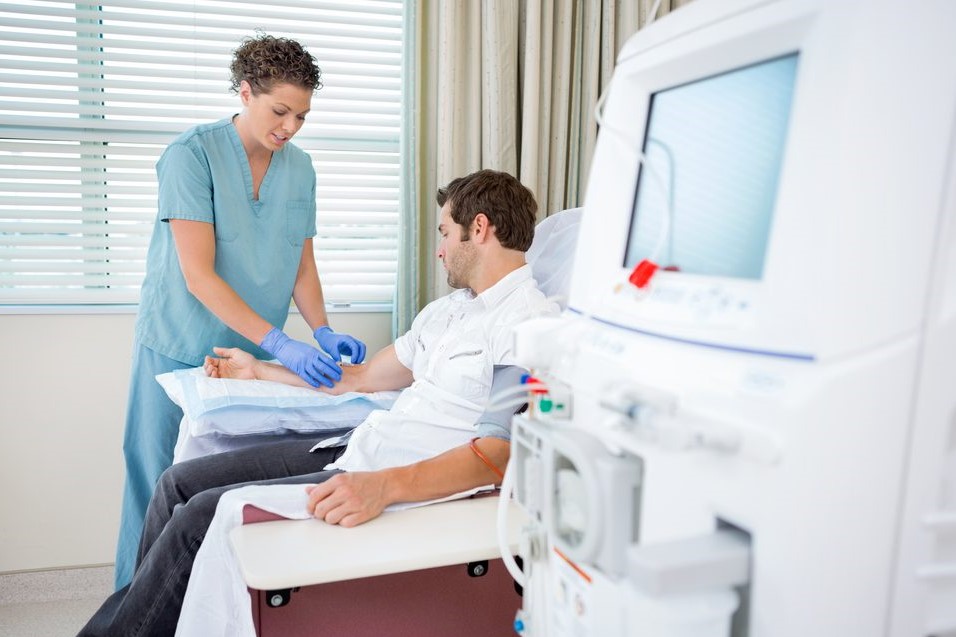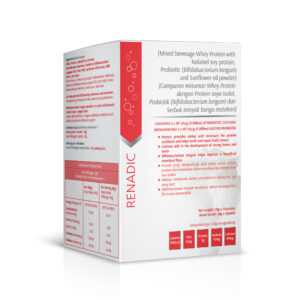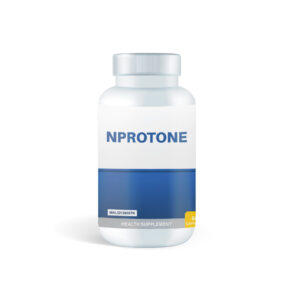Pre-Dialysis CKD Patients must avoid protein? Facts of Protein vs CKD
27 Aug 2024 | Chin

Chronic Kidney Disease (CKD) is a progressive condition that affects the kidneys’ ability to filter waste from the blood. CKD is categorized into five stages, with stages 1-4 being referred to as pre-dialysis stages. At these stages, the kidneys are still functioning but are impaired, leading to a gradual decline in their ability to perform essential tasks. Managing diet is crucial during these stages to slow disease progression and maintain overall health.
Why CKD Patients are Avoiding Protein
- CKD patients often limit protein intake to reduce kidney strain, as high protein levels produce waste like urea, which compromised kidneys struggle to filter.
- This inefficiency can lead to waste accumulation such as Urea in the blood, prompting patients to avoid protein-rich foods to prevent further kidney damage.
- However, based on study, pre-dialysis patients need 6-0.8g/kg (body weight) of protein daily. This means that CKD patients shouldn’t 100% avoid protein-containing foods!
What are the Consequences of Avoiding Protein?
- Deficiency of essential amino acids. Amino acids are the building blocks of proteins and are vital for numerous bodily functions, including muscle maintenance, immune function, and hormone synthesis.
- A lack of essential amino acids can lead to muscle wasting, weakened immune response, and overall poor health. This is especially concerning for CKD patients, as muscle loss (sarcopenia) is a common issue and can significantly impact quality of life and prognosis.
- Muscle loss in CKD patients occurs due to metabolic imbalances, inflammation, and reduced protein intake, leading to decreased muscle protein synthesis and increased muscle protein breakdown to access more essential amino acids for body function.
Balancing Protein Intake and Health
To avoid the pitfalls of protein deficiency while managing CKD, several strategies can be considered:
- Low Protein Diet (LPD): Typically allows for about 6 to 0.8g/kg of protein daily. The diet help manage symptoms and preserve kidney function without leading to significant protein malnutrition
- Very Low Protein Diet (VLPD): More restrictive, usually prescribed in advanced stages of CKD when kidney function is significantly impaired. The goal is to minimize the production of waste products like urea. Allows for around 3 to 0.4 g/kg protein daily and often supplemented with essential amino acids or ketoanalogues.
- Essential Amino Acid Supplementation: Typically, specialized formulations like essential amino acid, ketoanalogues supplements can be used. These supplements provide the essential amino acids without adding extra protein, thereby supporting muscle maintenance and overall health.
- Probiotic supplementations: Adding probiotics into daily diet not only helps with maintaining gut health, but certain strains of probiotics are able to metabolize the uremic wastes in the gut and metabolites are removed through faeces, thus reducing the burden of kidney.
- Regular check ups with health professionals are crucial to monitor the condition of CKD too. Diet planning with dietician is important as well to check which suitable foods can be taken and amount of protein intake daily.
Our supplement ranges:

Renadic
A low protein drink provides nine Essential Amino Acids and 3g of protein per serving which provides 3 hours satiety for people with kidney concern.

Nprotone
With 30 billion CFU probiotics Lactobacillus acidophilus and Bifidobacterium longum helps with metabolize uremic toxins in the gut, niacinamide helps phosphate level and sodium bicarbonate to balance the body pH.
Conclusion
For pre-dialysis CKD patients, managing protein intake is a delicate balance. While it’s important to protect the kidneys by not overloading them with protein, it’s equally crucial to ensure that the body gets the essential amino acids it needs. By following a carefully planned low or very low protein diet, and considering essential amino acid supplementation, patients can maintain their health and avoid the negative consequences of protein malnutrition. Always consult with a healthcare professional or dietitian to tailor a plan that fits individual needs and stage of CKD.
GTF Worldwide Sdn Bhd
- No. 20-2, Plaza Danau 2, Jalan 5/109F, Taman Danau Desa, 58100 Taman Desa, Kuala Lumpur, Malaysia.
- (03) 7982 9881
- (012) 483 5523
- info@gtf.com.my
